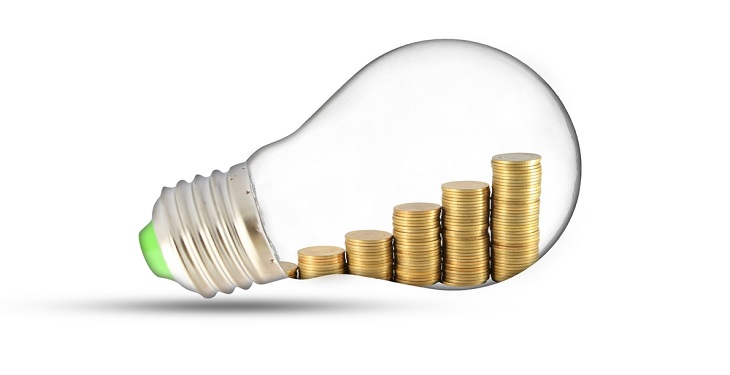Austrian government approved on Wednesday a plan aimed at capping the price of electricity for a maximum of 80% of the average annual consumption of households, a measure that would allow a family to save approximately 500 euros per year, reports EFE.
The idea is for households to pay just 10 euro cents for 1 kWh for the first 2,900 kWh they consume in a year, which is estimated to represent about 80% of the annual consumption of a three-person household. From this consumption upwards, the market price will be paid, which currently oscillates between 18 and 72 eurocents for 1 kWh, according to E-Control, the control body in the sector.
The subsidy stimulates saving, because the less is consumed above this limit, the higher will be the part of electricity expenses paid at the fixed price of 10 cents per kWh, according to Agerpres.
The subsidy does not take into account the number of people living in a household or income, but smaller families or single people who use less electricity will benefit more from this measure.
The federal chancellor, the conservative Karl Nehammer, emphasized that households with fewer resources will receive an extra aid of 200 euros and that those with more than three members will be able to request other subsidies.
The Vienna executive estimates that the subsidy plan will cost between 3 and 4 billion euros.
Austria will in October start paying the so-called anti-inflation coupon, a one-off payment of 500 euros for an adult and 250 for a child, and has also announced a 150-euro coupon that will be automatically deducted from the final bill, annual, for electricity, when a regularization will be made between what was consumed and what was paid.
Being in the opposition, social democrats, ultranationalists and liberals criticized the measure with different arguments and say it comes too late. Instead, unions and employee organizations reacted positively, but requested more help in this regard.
